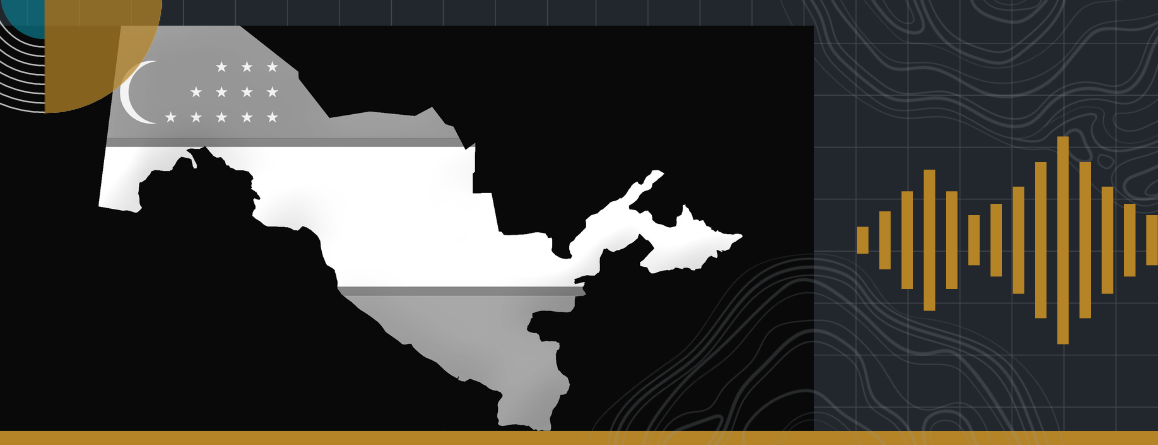Today marks the 35th anniversary of the Karakalpak language being recognized as a state language in Karakalpakstan, a sovereign republic within Uzbekistan. This milestone, achieved on December 1, 1989, is a testament to the Karakalpakstan’s rich cultural heritage. However, this day also serves as an urgent call to protect and preserve the Karakalpak language, which is facing significant challenges.
Despite efforts to celebrate and promote the Karakalpak language, recent events have led to a noticeable decline in its usage, particularly in educational settings. The 2022 protests in Karakalpakstan, sparked by proposed constitutional changes affecting the republic’s sovereignty, have had lasting impacts on the community. Reports from residents both within and outside Karakalpakstan indicate that the aftermath of these protests has seen a reduction in the use of the Karakalpak language in schools. This decline is attributed to various factors, including political pressure, reduced institutional support, and a shift towards the Uzbek language in official and educational domains.
A concerned Karakalpak citizen shared, “When I see my kids’ weekly schedule at school, there are fewer classes in Karakalpak and more introduced classes in Uzbek.” This sentiment echoes the broader community’s fears about the future of their native language.
Languages are more than a means of communication; they are repositories of culture, history, and identity. For ethnic minority republics like Karakalpakstan, preserving their native languages is crucial for maintaining their unique cultural identities. Language is a cornerstone of community cohesion and a vehicle for transmitting traditions, values, and knowledge across generations. Another Karakalpak citizen noted “We are trying to preserve our language, unfortunately, it seems like we are losing it since there are no news, movies, cartoons, books, or other entertainment in Karakalpak. Everything is in Uzbek or Russian,”.
The constitution of Karakalpakstan considers both Karakalpak and Uzbek as state languages, a distinction not mirrored in Uzbekistan’s constitution. Uzbekistan denies any decline in Karakalpak language classes or educational programs. However, Freedom for Eurasia reported the arrest of a blogger who made videos highlighting street signs in the capital of Karakalpakstan written in Uzbek, Russian, and English, but not in Karakalpak.
As we celebrate Karakalpak Language Day, we emphasize the importance of saving the Karakalpak language as a cornerstone of the Karakalpak identity as a nation.
